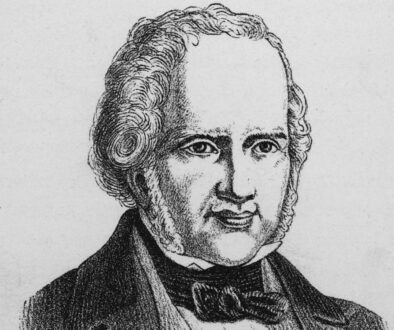A Letter written by Jean Keating
Dear Mr. Doe, I am writing regarding your recent letter in regard to your client XYZ CORP, being the alleged creditor in the amount of $1100. Your alleged client has waived their status as a creditor when they accepted my tender of payment under UCC§§3-409(a)&(b) and UCC §3-604(a). They did not adjust their accounting ledger to reflect settlement and closure of the accounts receivable side of the accounting ledger.
By way of review, I sent the woman in the credit department of the creditor, a negotiable instrument on April 24th in the form of a commercial note draft, as an order to pay under UCC 3-104(e). This may be treated either as a promise to pay or an order to pay. Since she has not returned the instrument to me she has obviously chosen the latter; an order to pay. Under §3104(f) of the UCC a draft is the equivalent of a check and may be securitized or monetized by direct deposit in a commercial checking, time, thrift or savings account under Title12 of the United States code, Section1813(L)(1) and when deposited it becomes the equivalent of money as outlined under Section 1813(L)(1).
The collection manager from the credit department of the creditor did, however, send me a letter saying that she did not accept promissory notes. She is, however, precluded by public policy HJR-192 and Title 31 of the United States Code Section 5118(d)(2), and the Fair Debt Practices Act, aka, Consumer Protection Act at 15 USC§1601 and §1693 from demanding payment in any specific coin or currency of the United States, even though she has not done so. Section (d)(2) of Title 31 USC§1518 states that an obligation governed by gold coin is discharged on payment dollar for dollar, by United States coin or currency that is a legal tender at the time of payment. The narrow view that money is limited to legal tender is rejected under Section 1-201(24) of the UCC. It is not limited to United States dollars. See official comments under section 3-104 of the UCC under the definition of money.

The woman at the creditor has failed to perform her duty as fiduciary trustee of the account. I have done a Notorial protest against her and the account for nonacceptance and payment under sections 3-501 and 3-505(a)(b) of the UCC, which creates the evidence or presumption of a dishonor. She is knowingly or unknowingly become the debtor and myself the creditor by operation of commercial and administrative law. Also worthy of note, if she is going to treat the note as a liability instrument, she has to present it to me for payment, make me chargeable under 3-501 of the UCC, which she has also failed to do. To the extent that she is in dishonor for non-acceptance and non payment by Notorial protest on the administrative side, … there has been a discharge of the debt in its entirety under the Fair Debt Collection Practices Act within the 30 day time frame as mandated by law.
I have been teaching and studying commercial banking law and intermediate and advanced accounting for 36 years. I have a degree in Commercial Banking law, four years in undergraduate study at USC and four years at Hastings School of Law in San Francisco. This is for your edification and exhortation. Since I am reasonably sure that we can come to a peaceful resolution of this matter, as your client does not understand commercial banking law, and the IASB, the FASB and GAAP principles as they apply to commercial banking. I do a lot of trading and purchasing in the commodities and securities exchange market where the use of a revocable standby letters of credit, documentary drafts, international bills of exchange, or promissory notes are used exclusively under the UNICITRAL convention.
Your client is not applying the correct accounting entries under GAAP. She is treating the account as a trade receivable through securitization as an off balance sheet financing technique. Since she has accepted the instrument that I have tendered, I have a claim or possessionary right in the instrument and its proceeds under 3-306 of the UCC. Any defense and any claim in recoupment under section 3-305 of the UCC, which I shall exercise at my option, if she does not credit my account.
The 1099-OID will identify who the principal is from, which capital and interest were taken, and who the recipient or who the payer of the funds are, and who is holding the account in escrow and unadjusted. Since I am solution oriented, and want to show good faith, there are two ways of resolving this matter. Since you client has already accepted my tender of payment and has not returned it, you can instruct her to credit my account for the sum said in full for settlement and closure. Or, instruct her to return the original instrument to me, unendorsed, and I will make an alternative form of payment. Otherwise, I will consider this matter settled and closed.
Jean Keating



